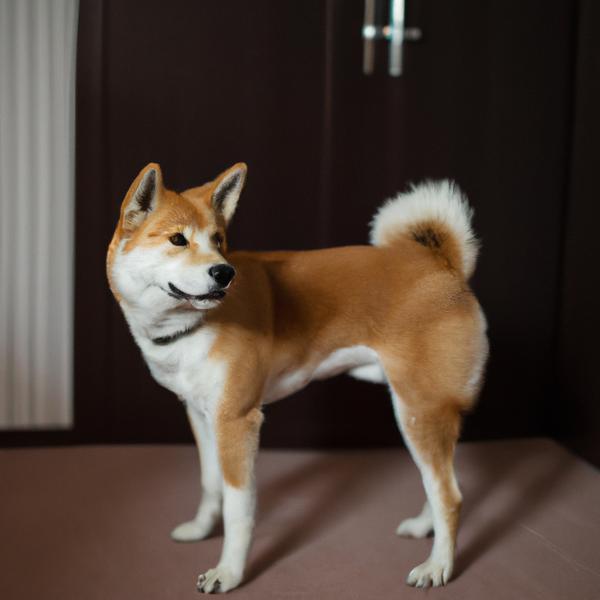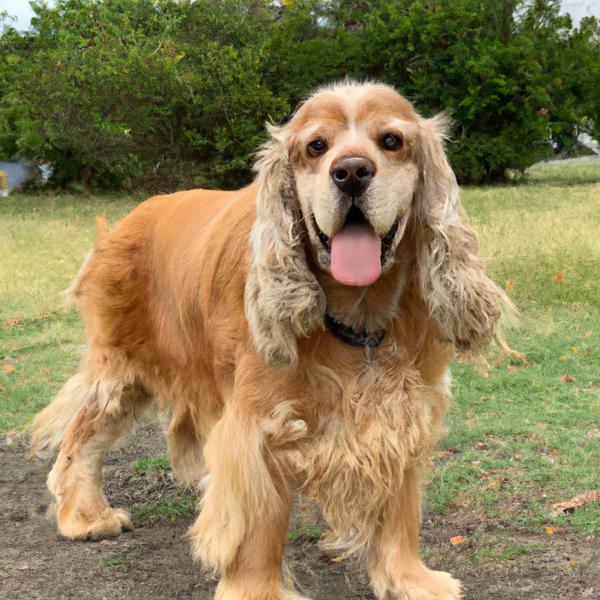Eskenji vs. Siberian Cocker: Breed Differences and Similarities
Hypoallergenic
Are Eskenjis or Siberian Cockers hypoallergenic, or neither?
Unfortunately, neither Eskenji nor Siberian Cocker are hypoallergenic, which may not make them the best choice for dog lovers who suffer from pet allergies.
Temperament
What are the personalities of Eskenji and Siberian Cocker dogs?
Curious
Playful
Independent
Energetic
Protective
Alert
Intelligent
Friendly
Affectionate
Playful
Alert
Intelligent
Friendly
Outgoing
Affectionate
Gentle
Trainable
Quiet
Faithful
Shedding Level
Do Eskenjis shed more than Siberian Cockers, or which breed sheds more, Eskenjis or Siberian Cockers?
Eskenjis are moderate shedders, but regular brushing can reduce shedding and maintain coat health.
Siberian Cockers are heavy shedders, but regular brushing can help manage shedding and promote a healthy coat.
Ancestry
What are the origins of Eskenji and Siberian Cocker breeds?
Basenji , American Eskimo
Siberian Husky, American Cocker Spaniel
Date of Birth
When were Eskenji and Siberian Cocker breeds first developed?
Unknown
Eye Color Possibilites
What are the eye colors of Eskenji and Siberian Cocker dogs?
Brown
Blue
Hazel
Brown
Nose Color Possibilites
What are the natural nose colors of Eskenji and Siberian Cocker?
Black
Black
Coat Length
What is the typical coat length for Eskenji and Siberian Cocker breeds?
Eskenjis have longer coats compared to most dogs.
Siberian Cockers are known for their coat length.
Coat Density
What is the density of the coat of Eskenji and Siberian Cocker?
Coat Texture
What is the hair texture of Eskenji and Siberian Cocker?
Straight
Litter Size
What is the usual litter size for Eskenji and Siberian Cocker?
An Eskenji can have a litter of 4-6 puppies on average. However, it's worth noting that the size of the litters can vary greatly. Factors that can influence litter size include the health of the mother, breeding history, and genetics.
A Siberian Cocker can have a litter of 6-8 puppies on average. However, it's worth noting that the size of the litters can vary greatly. Factors that can influence litter size include the health of the mother, breeding history, and genetics.
Adaptability
Eskenjis have average adaptability to changes in lifestyle and living environments compared to other breeds.
Siberian Cockers are highly adaptable and versatile, making them excellent companions for families and individuals of all lifestyles.
Health Issues
Between Eskenji and Siberian Cocker, which breed is more prone to health problems?
Eskenji and Siberian Cocker breeds are generally considered to be healthy. However, like all breeds, they are susceptible to certain health issues and it is important to keep an eye out for them and address them with your veterinarian as needed.
Major Concerns
What are the major health concerns for Eskenji and Siberian Cocker breeds?
Hip Dysplasia
Hypothyroidism
Legg-Calve-Perthes Disease
Progressive Retinal Atrophy (PRA)
Ectropion
Cardiomyopathy
Progressive Retinal Atrophy
Cataracts
Liver Disease
Hip Dysplasia
Bladder Stones
Congenital Heart Disease
Phosphofructokinase (PFK) Deficiency
Kidney Stones
Minor Concerns
What minor health issues should be kept in mind when owning Eskenji and Siberian Cocker?
None
Otitis Externa
Cherry Eye
Allergies
Hypothyroidism
Occasional Tests
What occasional tests are recommended for Eskenji and Siberian Cocker breeds?
X-Rays
CT Scan
Eye Examination
Physical Examination
Blood Work
Lab Tests
Full Physical Examination
Blood Sugar and Thyroid Tests
Chest X-rays
Eye and Ear Examination
Free Thyroxine (T4) Levels
Social Needs
Eskenji vs Siberian Cocker social needs comparison
Eskenji and Siberian Cocker have above average social needs compared to other breeds. They thrive in environments where they have a lot of interaction with humans and other dogs.
Sleeping Need
Which of the two sleeps the most/least: Eskenji or Siberian Cocker?
Eskenji and Siberian Cocker are active dogs that may not require as much sleep as other breeds. However, they still need enough sleep to stay healthy.
Mouthiness
Mouthiness Comparison: Eskenji vs Siberian Cocker?
Roaming urge
Eskenji vs Labrador: Running away tendency?
Prey Drive
Eskenji or Siberian Cocker - which breed has a higher level of prey drive?
Activity Level
Which breed has higher energy, Eskenjis or Siberian Cockers?
Eskenjis are high-energy dogs. They need mental as well as physical exercise. These dogs require a lot of your involvement and without it they can, and will, become problematic dogs.
Siberian Cockers are medium-energy dogs and typically enjoy socializing and playing casual or even sustained games of chase with other dogs. They may also have occasional periods of barking or racing around the house.
Tolerance of being left alone
Walks per Week
How many miles should Eskenji or Siberian Cocker walk each week?
There's really no limit to how far you walk your dog as long as they're comfortable. For Eskenji, it's at least 14 miles / week. Just remember to build distance and stamina gradually over time.
There's really no limit to how far you walk your dog as long as they're comfortable. For Siberian Cocker, it's at least 8 miles / week. Just remember to build distance and stamina gradually over time.
Activity per Day
Do Eskenjis or Siberian Cockers require more exercise?
In general most Eskenjis usually need at least 90 minutes of exercise daily. This can be spread across the day and include all sorts of high-energy activities, like walking, running and playing.
In general most Siberian Cockers usually need at least 60 minutes of exercise daily. This can be spread across the day and include all sorts of high-energy activities, like walking, running and playing.
Grooming
Which breed is easier to maintain in terms of grooming, Eskenjis or Siberian Cockers?
The Eskenji has low grooming needs and is easy to maintain.
The Siberian Cocker requires an average amount of grooming compared to other breeds.
Brushing Frequency
What is the recommended brushing frequency for Eskenji and Siberian Cocker dogs?
Eskenji and Siberian Cocker should be brushed at least once a week. Of course, you can give them more frequent brushes if you find that they are still shedding a lot.
Brushing Tools
What brushing tools are used for Eskenjis and Siberian Cockers?
Pin Brush
Slicker Brush
Comb
Nail Clipper
Slicker Brush
Comb
Scissors
Nail Clipper
Cups
How much food should be given to Eskenji or Siberian Cocker in cups?
For an average 15-20 pound (7 - 9 kg) Eskenji feed 3 cups daily. But, keep in mind, the amount you feed is going to be dependent on the quality of the food you are feeding.
For an average 30-40 pound (14 - 18 kg) Siberian Cocker feed 1 cups daily. But, keep in mind, the amount you feed is going to be dependent on the quality of the food you are feeding.
Daily Cost
Which breed has a higher daily cost, Eskenji or Siberian Cocker?
The average cost of an Eskenji is somewhere $1.70 - $2.00 per day.
The average cost of a Siberian Cocker is somewhere $1.30 - $1.40 per day.
Monthly Cost
Which breed has a higher monthly cost, Eskenji or Siberian Cocker?
The average per month expenses of an Eskenji is between $48 - $63. This makes an average of $576 - $756 per year. It will be on the higher side when the dog is still small because it will need more frequent visits to the vet, shots.
The average per month expenses of a Siberian Cocker is between $42 - $42. This makes an average of $504 - $504 per year. It will be on the higher side when the dog is still small because it will need more frequent visits to the vet, shots.
Sensitivity Level
How do Eskenji and Siberian Cocker compare in sensitivity?
This breed is sensitive and requires gentle handling and a calm home environment.
This breed is sensitive to its environment and best suited for patient and understanding families with a consistent routine.
Apartment Friendly
Which breed is more apartment-friendly: Eskenji or Siberian Cocker?
Eskenji and Siberian Cocker are apartment-friendly dog breeds. They can do perfectly well in apartments providing they are sufficiently exercised and taken out and about as part of their owner's daily lifestyle.
Child Friendly
Do Eskenjis or Siberian Cockers have a friendlier temperament towards children?
Eskenjis are good with kids if socialized and trained from a young age.
Siberian Cockers make excellent family pets for kids due to their gentle, protective nature and calm temperament.
Senior-friendly
Which dog is more suitable as a pet for the elderly - Eskenji or Siberian Cocker?
Cat Friendly
Do Eskenji or Siberian Cocker breeds have a better compatibility with cats?
Eskenjis and Siberian Cockers are an average cat friendly dog. They do well with cats, even more if raised together from puppyhood.
Dog Friendly
Which breed is more sociable with other dogs: Eskenji or Siberian Cocker?
Eskenjis are average in their friendliness towards other dogs, and socialization can help.
Siberian Cockers are generally very friendly towards other dogs, with a happy and affectionate temperament.
Pet friendly
How do Eskenji or Siberian Cocker dogs interact with other pets?
Stranger Friendly
Which breed is more friendly with strangers: Eskenji or Siberian Cocker?
Eskenjis are quick to announce strangers and can be standoffish or suspicious.
Siberian Cockers are averagely friendly around strangers but benefit from early socialisation.
Playfulness
Which breed is more playful between Eskenji and Siberian Cocker?
Eskenji and Siberian Cocker are playful dogs. So, no matter how busy the day may get, the best thing you can do for Eskenji and Siberian Cocker is to make time each day to play. It can be as little as 15-20 minutes, and it will mean the world to them.
Trainability
How do the trainability levels of Eskenjis and Siberian Cockers compare?
Eskenjis are popular for their ease of training and quick learning ability.
Siberian Cockers are usually easy to train but require consistency to fully obey commands.
Compare Eskenji with other breeds
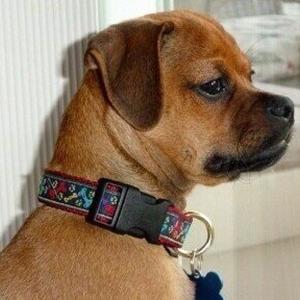
Muggin
Eskenji vs Muggin
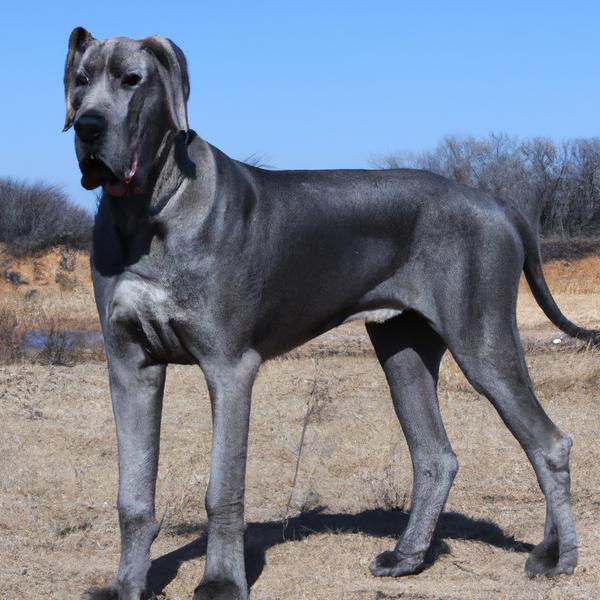
Dane Shepherd
Eskenji vs Dane Shepherd
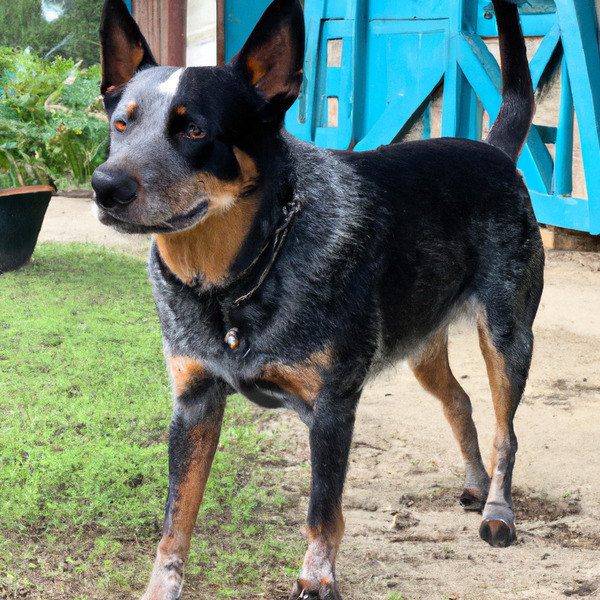
Texas Heeler
Eskenji vs Texas Heeler
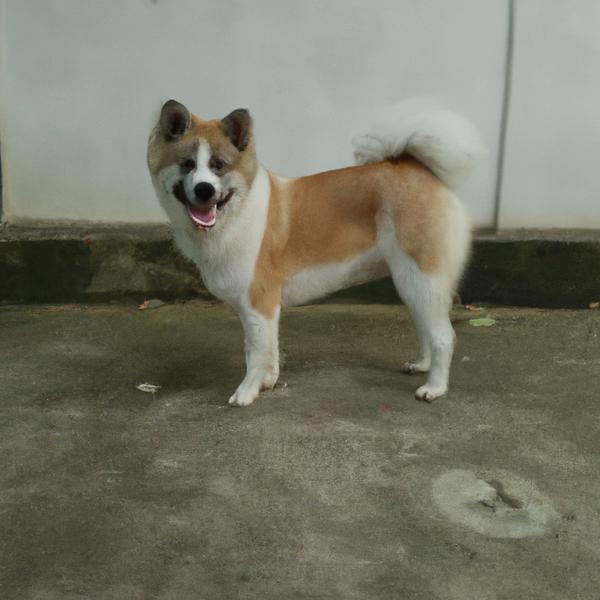
Baskimo
Eskenji vs Baskimo
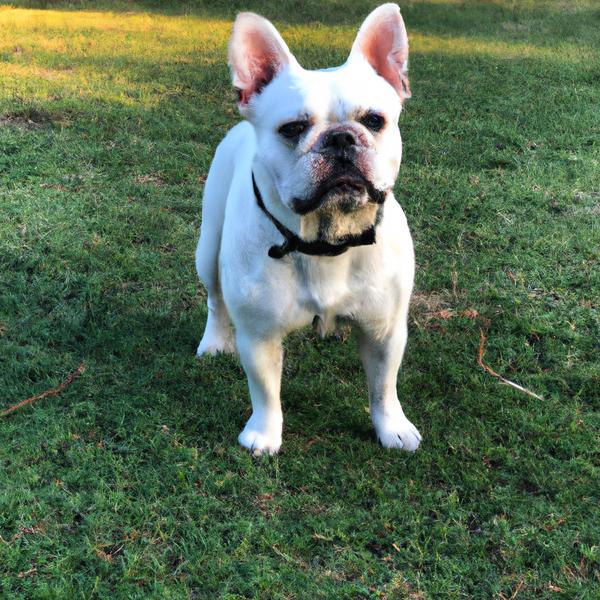
Frenchie Labrador
Eskenji vs Frenchie Labrador
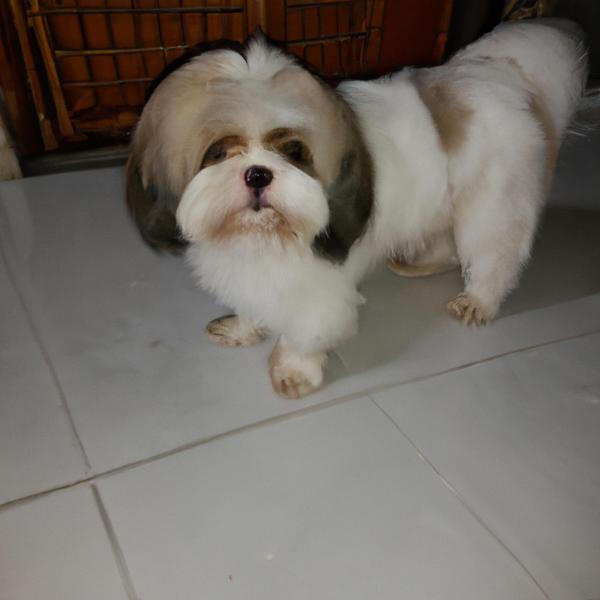
Malchi
Eskenji vs Malchi
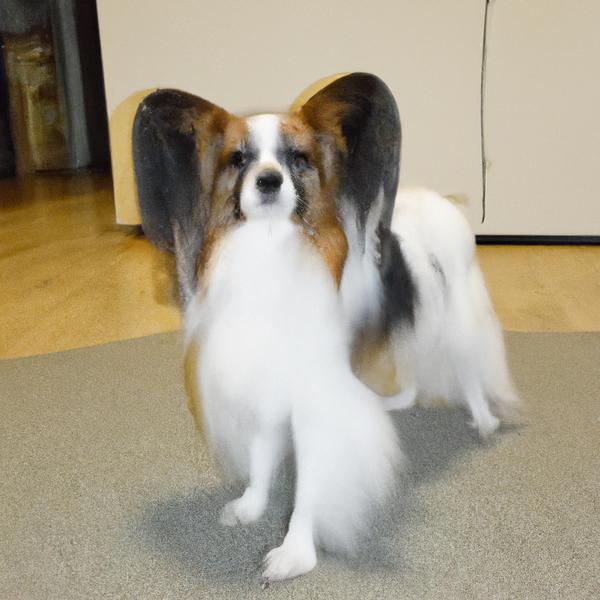
Papillon
Eskenji vs Papillon
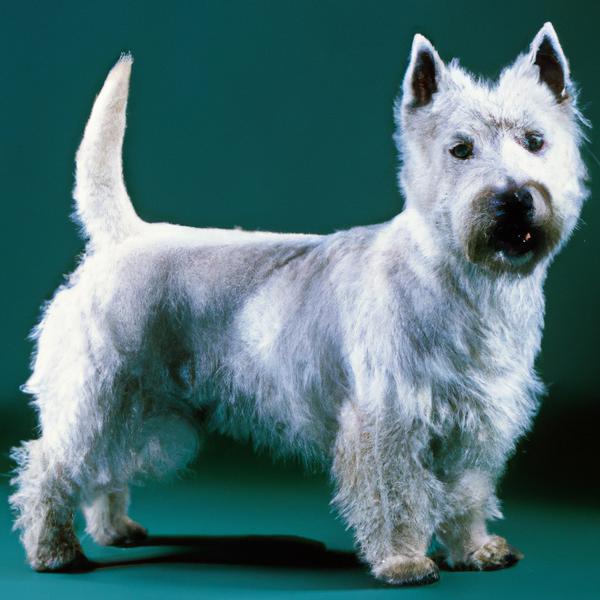
West of Argyll Terrier
Eskenji vs West of Argyll Terrier
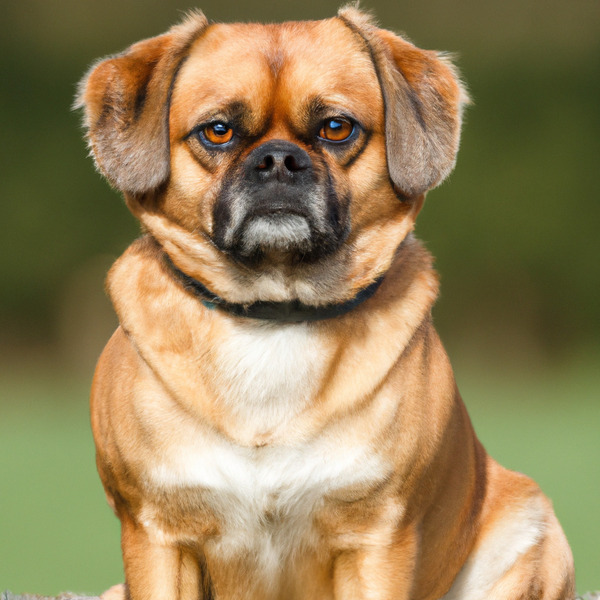
Pugalier
Eskenji vs Pugalier
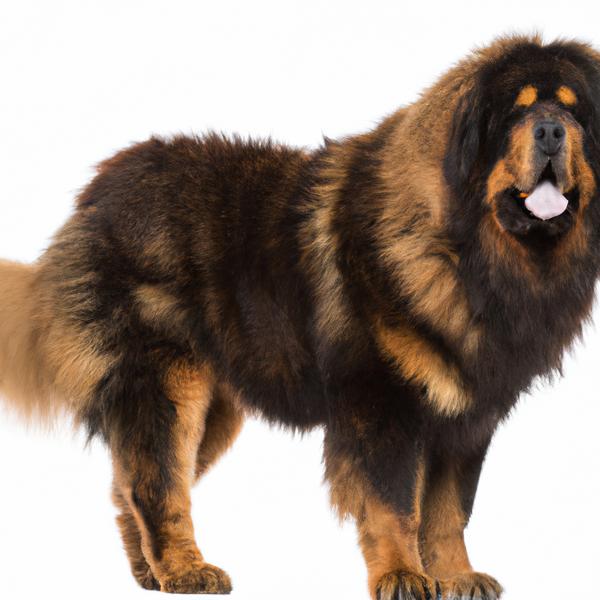
Tibetan Mastiff
Eskenji vs Tibetan Mastiff
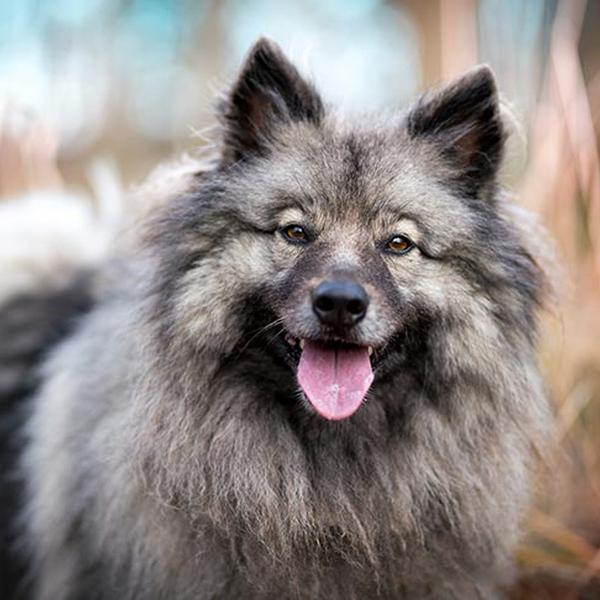
Keeshond
Eskenji vs Keeshond
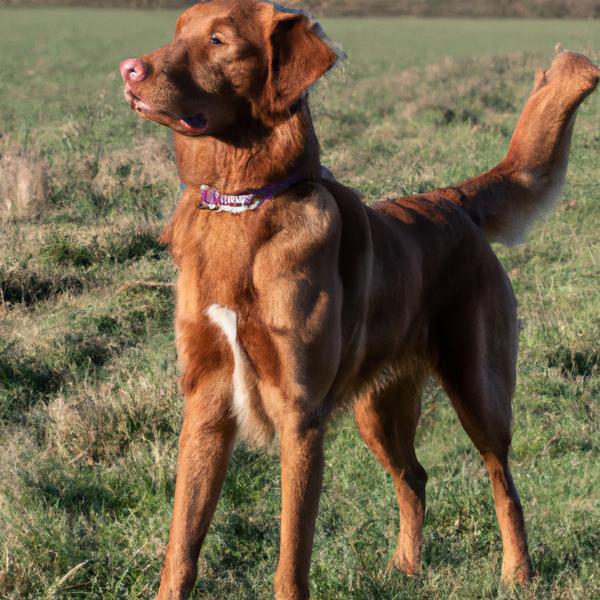
Chatham Hill Retriever
Eskenji vs Chatham Hill Retriever
